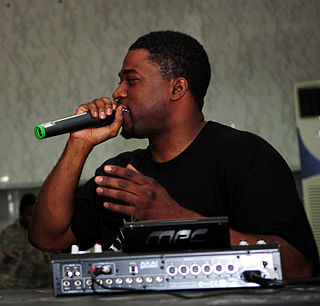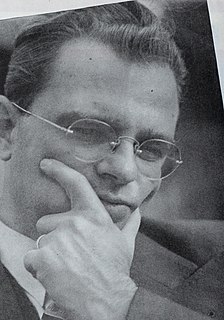A Quote by Philip Massinger
Revenge, that thirsty dropsy of our souls, makes us covet that which hurts us most.
Related Quotes
And it is in this darkness, when there is nothing left in us that can please or comfort our own minds, when we seem to be useless and worthy of all contempt, when we seem to have failed, when we seem to be destroyed and devoured, it is then that the deep and secret selfishness that is too close to us for us to identify is stripped away from our souls. It is in this darkness that we find liberty. It is in this abandonment that we are made strong. This is the night which empties us and makes us pure.
Sometimes people hurt us unintentionally. We may view that they've hurt us intentionally and want revenge. But sometimes when we really look back again, we can see that they weren't intentional in trying to hurt us. That's when we need to confess our judgment of them and forgive them for their unintentional hurts committed against us.
This country of ours has more wealth than any nation, but that's not what makes us rich. We have the most powerful military on Earth, but that's not what makes us strong. Our universities and our culture are the envy of the world, but that's not what keeps the world coming to our shores. Instead, it is that American spirit - that American promise - that pushes us forward even when the path is uncertain; that binds us together in spite of our differences; that makes us fix our eye not on what is seen, but what is unseen, that better place around the bend.
Glad and merry and sweet is the blessed and lovely demeanour of our Lord towards our souls, for he saw us always living in love-longing, and he wants our souls to be gladly disposed toward him . . . by his grace he lifts up and will draw our outer disposition to our inward, and will make us all at unity with him, and each of us with others in the true, lasting joy which is Jesus.
It is often during the worst of times that we see the best of humanity–awakening within the most ordinary of us that which is most sublime. I do not believe that it is circumstance that produces such greatness any more than it is the canvas that makes the artist. Adversity merely presents the surface on which we render our souls’ most exacting likeness. It is in the darkest skies that stars are best seen.
As much as people try to pit black entertainers against one another, because of the underlying feeling that there can't be two of us, or, all of us can't do well. That's what hurts rap the most, the fact that none of us are fighting to protect the door of those who run our industry. It's enough money for all of us.
The storyteller is deep inside everyone of us. The story-maker is always with us. Let us suppose our world is attacked by war, by the horrors that we all of us easily imagine. Let us suppose floods wash through our cities, the seas rise . . . but the storyteller will be there, for it is our imaginations which shape us, keep us, create us - for good and for ill. It is our stories that will recreate us, when we are torn, hurt, even destroyed. It is the storyteller, the dream-maker, the myth-maker, that is our phoenix, that represents us at our best, and at our most creative.
Although our moral conscience is a part of our consciousness, we do not feel ourselves on an equality with it. In this voice which makes itself heard only to give us orders and establish prohibitions, we cannot recognize our own voices; the very tone in which it speaks to us warns us that it expresses something within us that is not of ourselves.





































